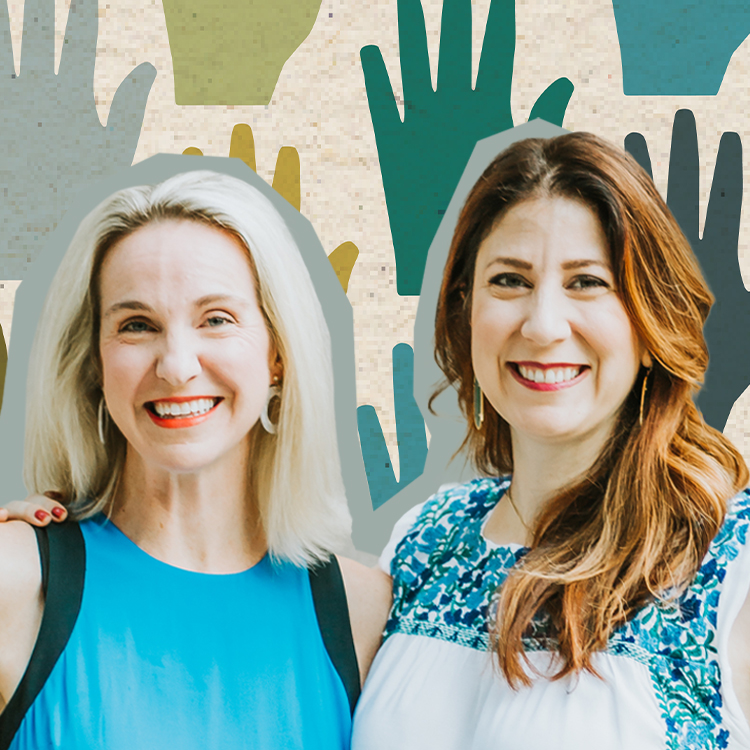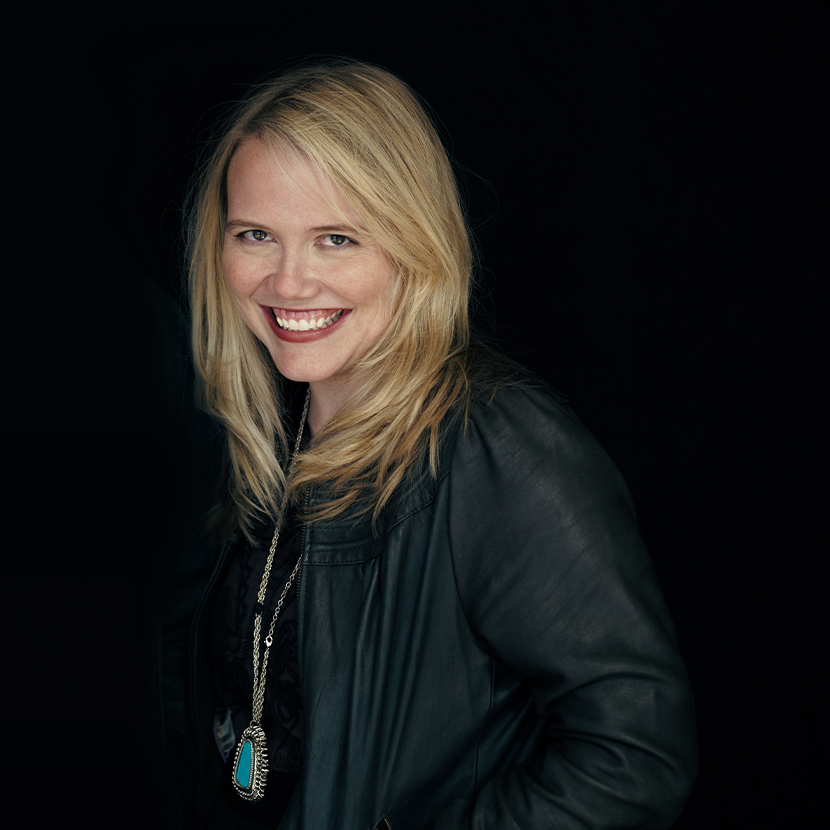The idea for the 19th, a nonprofit newsroom that aims to be a source of information for those who have been underserved by and underrepresented in American media, was born during the 2016 presidential election. Emily Ramshaw, then the editor in chief of the Texas Tribune, which itself had blazed a trail in the independent, nonprofit newsroom space when it launched in 2009, remembers that time: “Hillary Clinton’s campaign was far too often centered around questions of a woman candidate’s ‘electability’ or ‘likability.’ I had a brand-new baby and a kernel of an idea: What if there was a news organization that normalized women’s leadership, that centered gender in politics and policy, instead of repeating the same old stereotypes and tropes?”
In 2020, Emily and Amanda Zamora (a colleague at the Tribune who’d led the organization’s audience and engagement efforts and co-founder of the 19th) brought just such a newsroom to life, drawing inspiration from the 19th Amendment, which cemented the right to vote regardless of gender, and centering the things that mattered to them most: gender equity, racial equity, and human rights. A recent recipient of a multimillion-dollar grant from Melinda French Gates, the 19th has told many powerful stories over the past few years — an oral history of the January 6 insurrection featuring voices of nearly two dozen women in Congress; a gut-wrenching look at diaper shortages, an aspect of parenting that is often overlooked; and a moving profile of Transhealth, a clinic in western Massachusetts that’s doing so much to revolutionize health care and acceptance for transgender people.
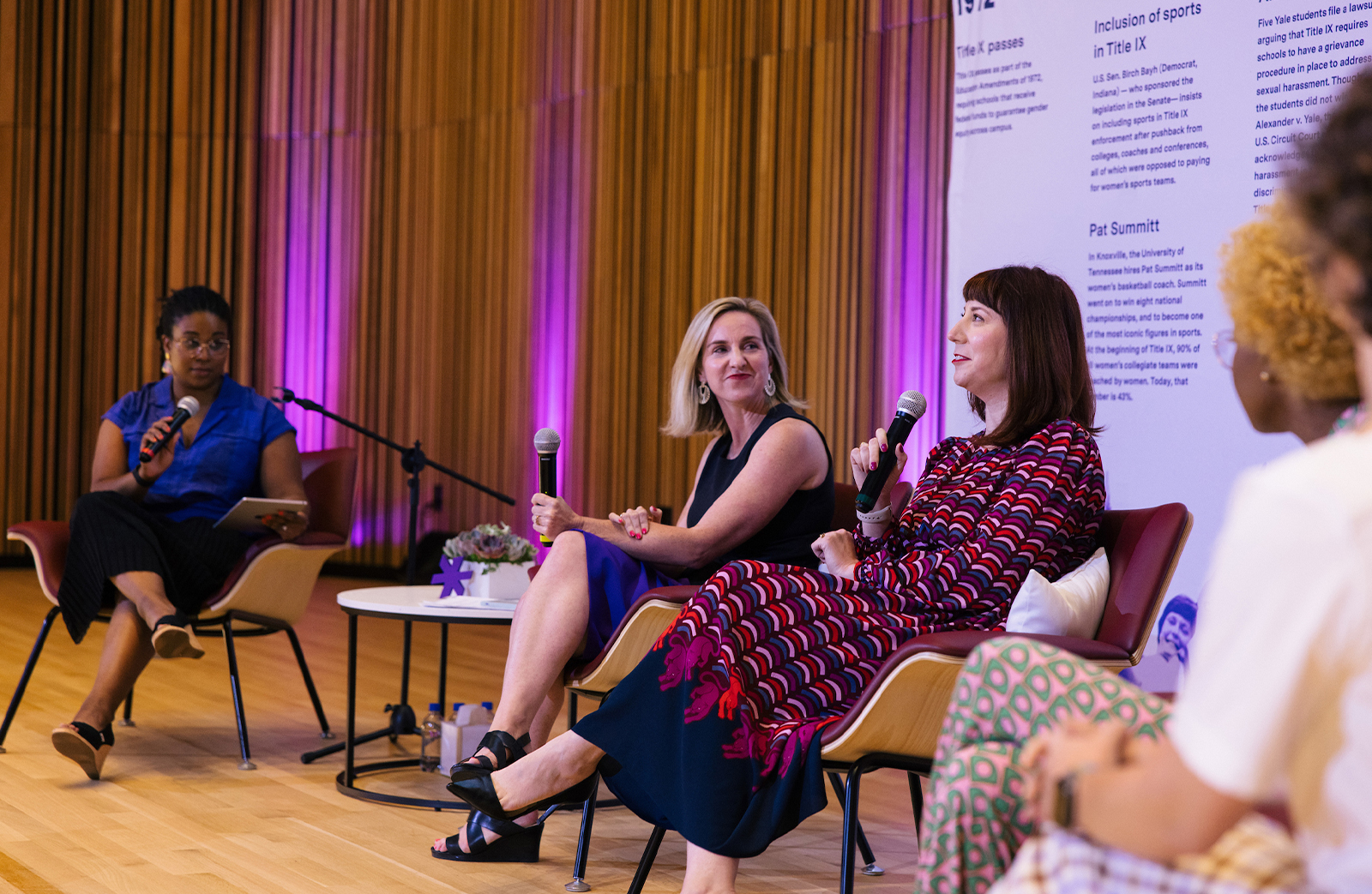
Where did the idea for the 19th come from?
EMILY: The idea for the 19th was born out of the 2016 election, when Hillary Clinton lost to Donald Trump following a campaign that far too often centered around questions of a woman candidate’s “electability” or “likeability.” I had a brand new baby, and Amanda and I had only recently started working together at the Texas Tribune, and it was really just a kernel of an idea at that point: What if there was a news organization that normalized women’s leadership, that centered gender in politics and policy, instead of repeating the same old stereotypes and tropes? Four years later, there were more women, more women of color, more queer people than we’d ever seen on a presidential election stage. And the tropes were as present as ever, but now they weren’t just sexist, they were also racist. 2020 felt like a moment — a moment where Amanda and I could take what we’d learned from building other nonprofit newsrooms, and build one centered on the things that mattered most to us: gender equity, racial equity, and human rights.
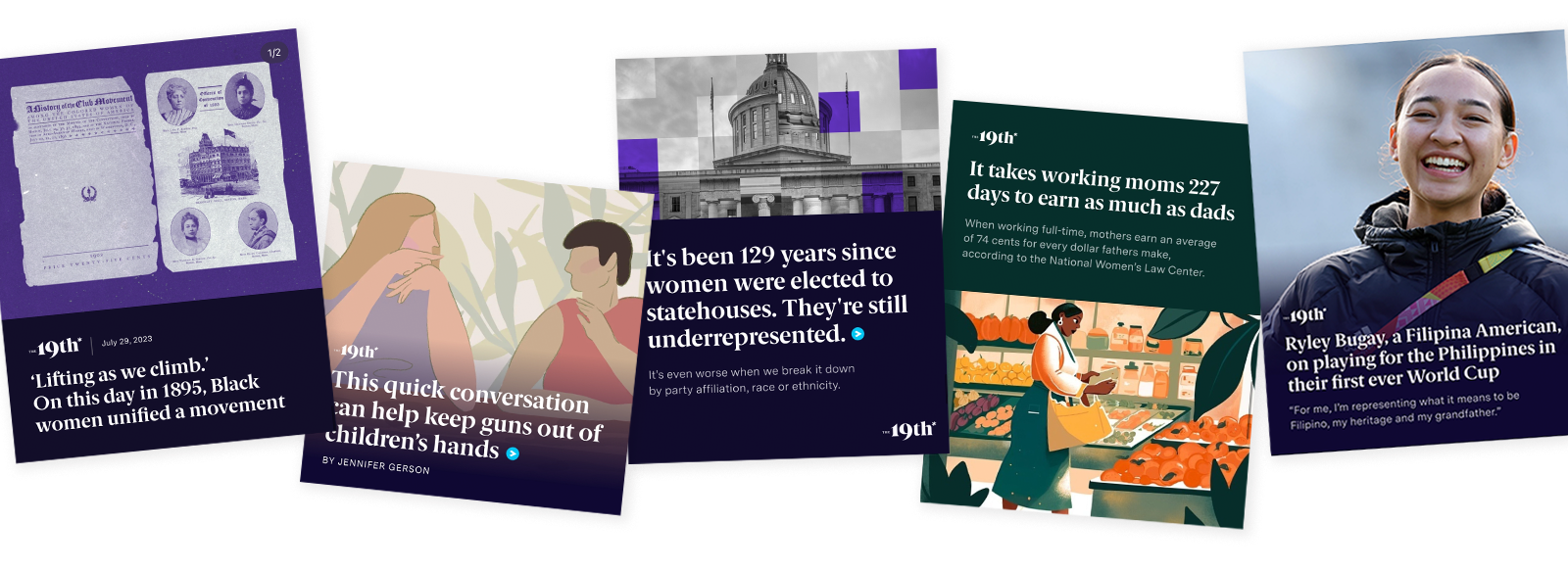
You decided to start the 19th together. Amanda, you’ve since moved into a consulting capacity, but what made your early partnership work so well?
AMANDA: People describe us as very yin and yang, and we are to a certain extent. Emily is very ambitious and outgoing and is the first to lean into opportunities as they arise, however challenging they are. I’m driven as well but a bit more reserved in my approach. I want to gather as much data and feedback as possible before charting a strategic path forward. I think it’s a combination that served us very well, in terms of balancing out the potential risks, rewards, and impacts of the decisions we make. We are also incredibly open and honest with each other, which is crucial to a functional partnership. We had many tough conversations with each other but knew at the end of the day that we were working toward a common goal and appreciated each other’s humanity and friendship. That’s important.
We had many tough conversations with each other but knew at the end of the day that we were working toward a common goal and appreciated each other’s humanity and friendship.
Amanda Zamora
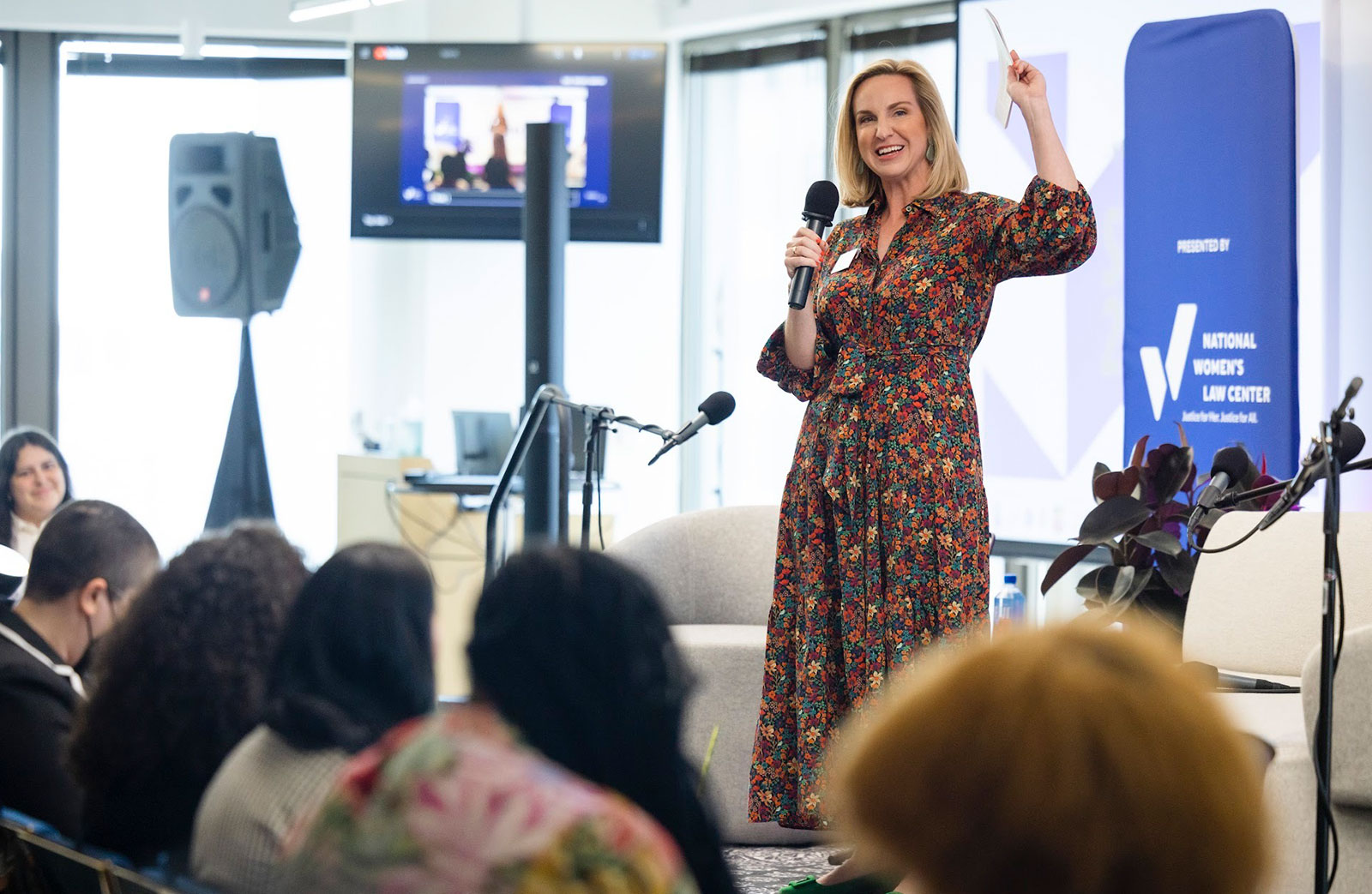
What’s the best piece of leadership advice you have ever received?
AMANDA: I remember calling my friend Mitra Kalita amid the pandemic, at a time when I was really questioning my ability to lead and live my values. And she told me about her departure from CNN, which had been a really high-paying, high-power executive job. I wanted to know what gave her the courage to leave a role that people expected of her for something that clearly was riskier, but more values-aligned. And she told me simply, “I needed to be using my gifts.” And I think about that all the time. What are my gifts? How can I nurture them? Too often, we avoid leaning into doing what fulfills us most because it requires more trust, more risk. Her advice, in short, is that it is always worth it.
Emily, what are some of the stories the 19th has produced over the last almost four years that you are most proud of?
EMILY: Oh, there are so many! Our reporter Mariel Padilla produced a really incredible oral history out of the Jan. 6 insurrection featuring the voices of two dozen women in Congress — one that’s still referenced often. I loved this piece by reporter Chabeli Carrazana on diaper need, an aspect of poverty in parenting you don’t often think of. Chabeli was on the ground in the Ozarks telling this heartbreaking story. Kate Sosin had a truly moving read about Transhealth, a clinic in Western Massachusetts that’s doing so much to revolutionize health care and acceptance for transgender people. And reporter Jessica Kutz, who covers gender and climate for us, told a really fascinating story about women firefighters and the unique challenges they face in fighting wildfires.
Too often, we avoid leaning into doing what fulfills us most because it requires more trust, more risk.
Amanda Zamora
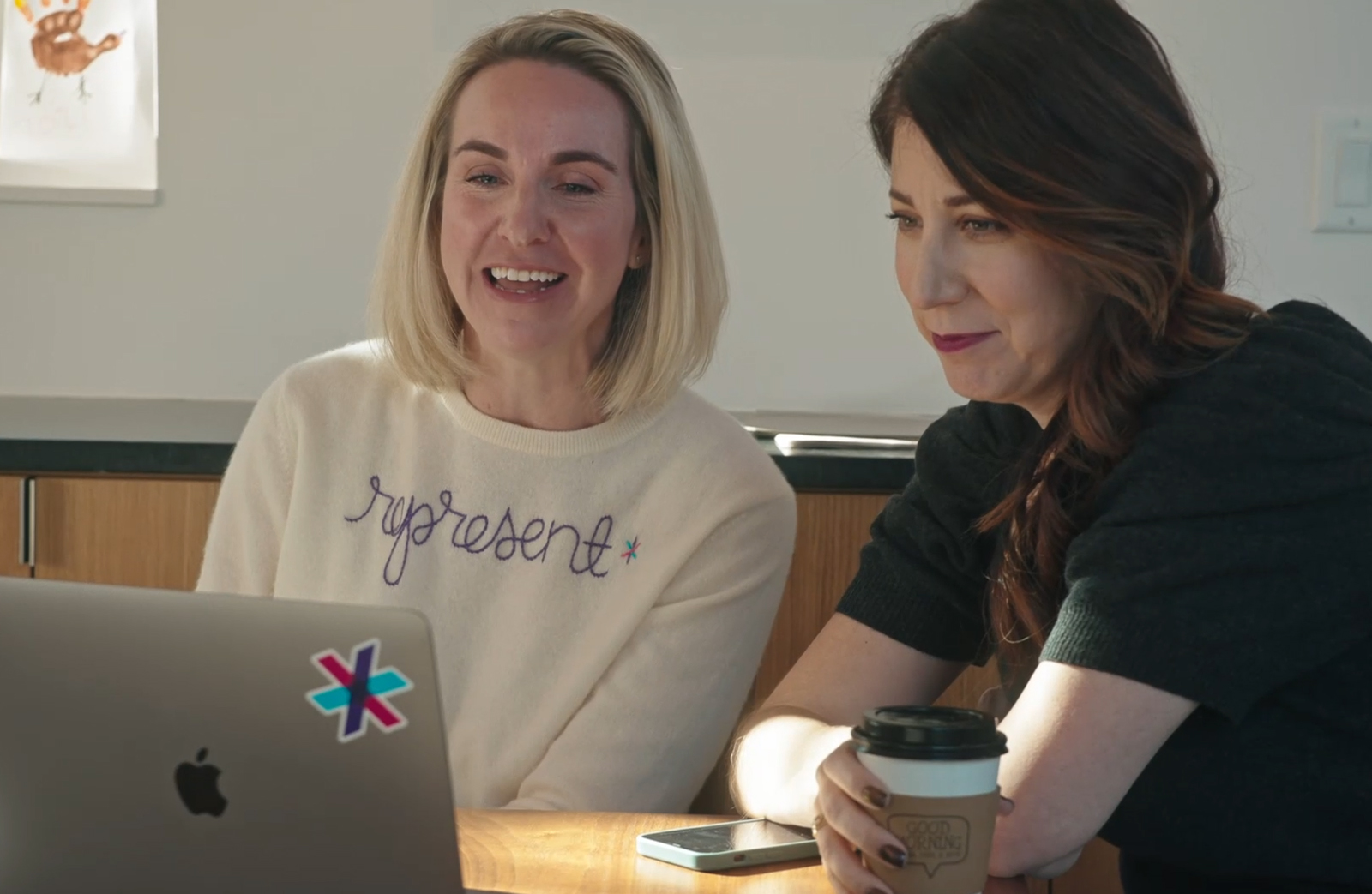
What was it like in the newsroom when Roe was overturned, and how have things changed in your work in a post Roe world?
EMILY: I remember I was giving my 6-year-old daughter a bath at home in Austin when I got an alert on my phone that the Supreme Court was poised to overturn Roe, and the whole newsroom just sprang into action. It was a decision that obviously had huge ramifications for our women readers, but also for our LGBTQ+ audiences, many of whom rely on reproductive health clinics for gender-affirming care, or who were watching to see what SCOTUS would do next on things like same-sex marriage. Whether you covered the economy for us, or health care, or LGBTQ+ rights, the abortion rights story was *your* story, and it was really an all hands on deck situation. The news cycle truly hasn’t abated much since! It’s heavy: I do think we’ve had to intentionally make time to pick our heads up from our laptops and phones to truly process what we’ve just gone through, as women, as queer people, as a nation. It’s something most of us didn’t imagine we’d see in our lifetimes.
